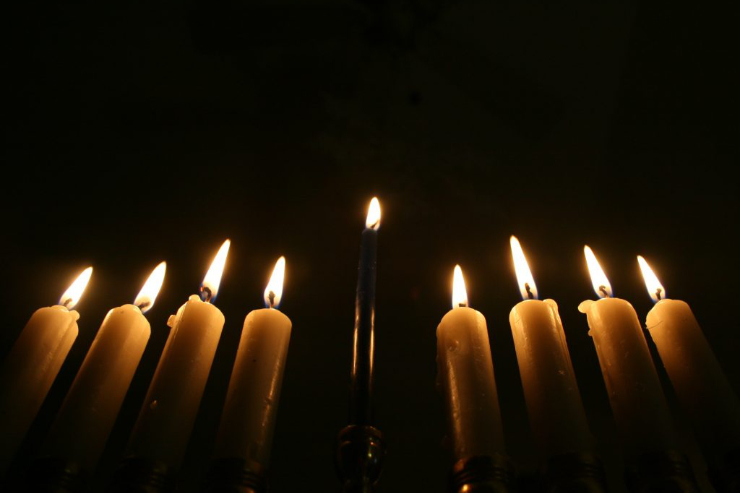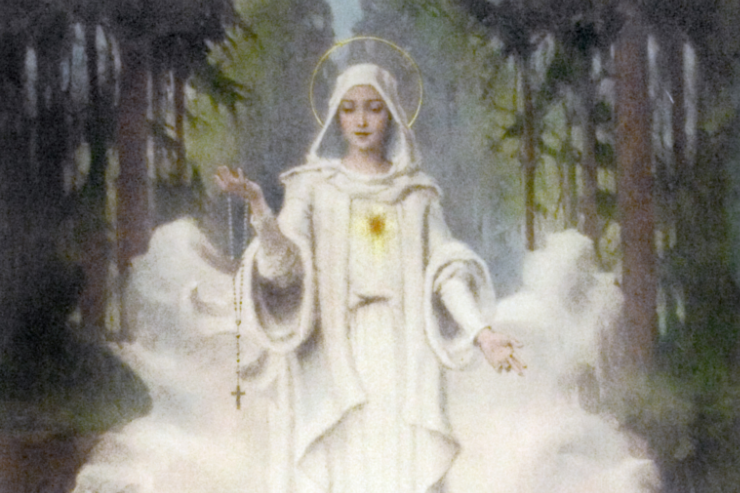I am struggling with sexual thoughts and am wondering about the teachings of the Church. Are all sexual sins mortal and does thinking of sex without arousal a mortal sin? When does the thought become mortal; is it when we don’t control it or is it always mortal? What exactly is lust and what are the church’s teaching on it? Is it always mortal as well?
Dear Friend,
In the first of a two-post series on this question, we covered some of the possible problematic elements involved in this question. In this post, we will make more positive assumptions and work to directly answer your questions about lust and grades of sin.
Are All Sexual Sins Mortal? Are There Grades Of Sexual Sin?
The bottom line answer is no, not all sexual sins are mortal. There are grades of sexual sin. To help illustrate how this might work, we have provided four scenarios that reflect various grades of sexual sin with an emphasis on how they might play out in our minds. In all these cases, we will assume full knowledge of the gravity of the sinful thought:
Scenario 1: The thought crosses my mind. I reject it and direct my attention elsewhere. This is not sin.
Scenario 2: The thought crosses my mind. I entertain it or dwell on it for a moment, and then reject it. Now I have embraced a sinful thought and engaged it with my will. This embrace, even if only slight, can place us within venial sin territory.
Scenario 3: The thought crosses my mind. I entertain or dwell on it and continue to do so deliberately. I relish and enjoy the thought and embrace it whenever it pops up. Now we are in mortal sin territory.
Scenario 4: The thought crosses my mind. I entertain and dwell on it. I then act or attempt to act on it. Now we are unquestionably in the realm of mortal sin.
Of course, no hypothetical scenario perfectly reflects a specific experience and more importantly, the state of the soul. Even so, this should be more than adequate as a guide to dealing with the most common circumstances related to sexual thoughts.
What is Lust?
Our last stop on the sexual thought train is at the station of lust. I believe that by now we have probably already answered your questions but just in case…
Lust is known as a capital sin. In the Summa Theologica (II-II:153:4), St. Thomas notes that “a capital vice is that which has an exceedingly desirable end so that in his desire for it a man goes on to the commission of many sins all of which are said to originate in that vice as their chief source”. So, a capital sin is one that commonly and forcefully leads to other sins. To gain an accurate understanding of lust, it might be helpful to briefly contrast lust and desire.
Lust is a disordered craving of another for the purpose of self-satisfaction without regard for or love of another within the bonds of marriage. Lust is a distortion of man’s natural procreative drive and desire for love and companionship. This procreative drive and desire seeks to bring about union of man and woman to cooperate with God in self-giving to one another for the purpose of union and procreation. Lust seeks merely to satisfy the distorted desires of the individual without concern for the other, or with little concern for the other; without a true concern for unitive love, or procreative cooperation. So, lust is sin if and when it is embraced at first impulse and beyond as illustrated in the four scenarios regarding grades of sexual sin.
I hope this covers the bases you were looking to cover. Please keep all the bases within the sacred bonds of marriage.
If this post has prompted you to want to dig deeper in your faith, don’t fail to explore the life-changing offerings of the Avila Institute for Spiritual Formation.















